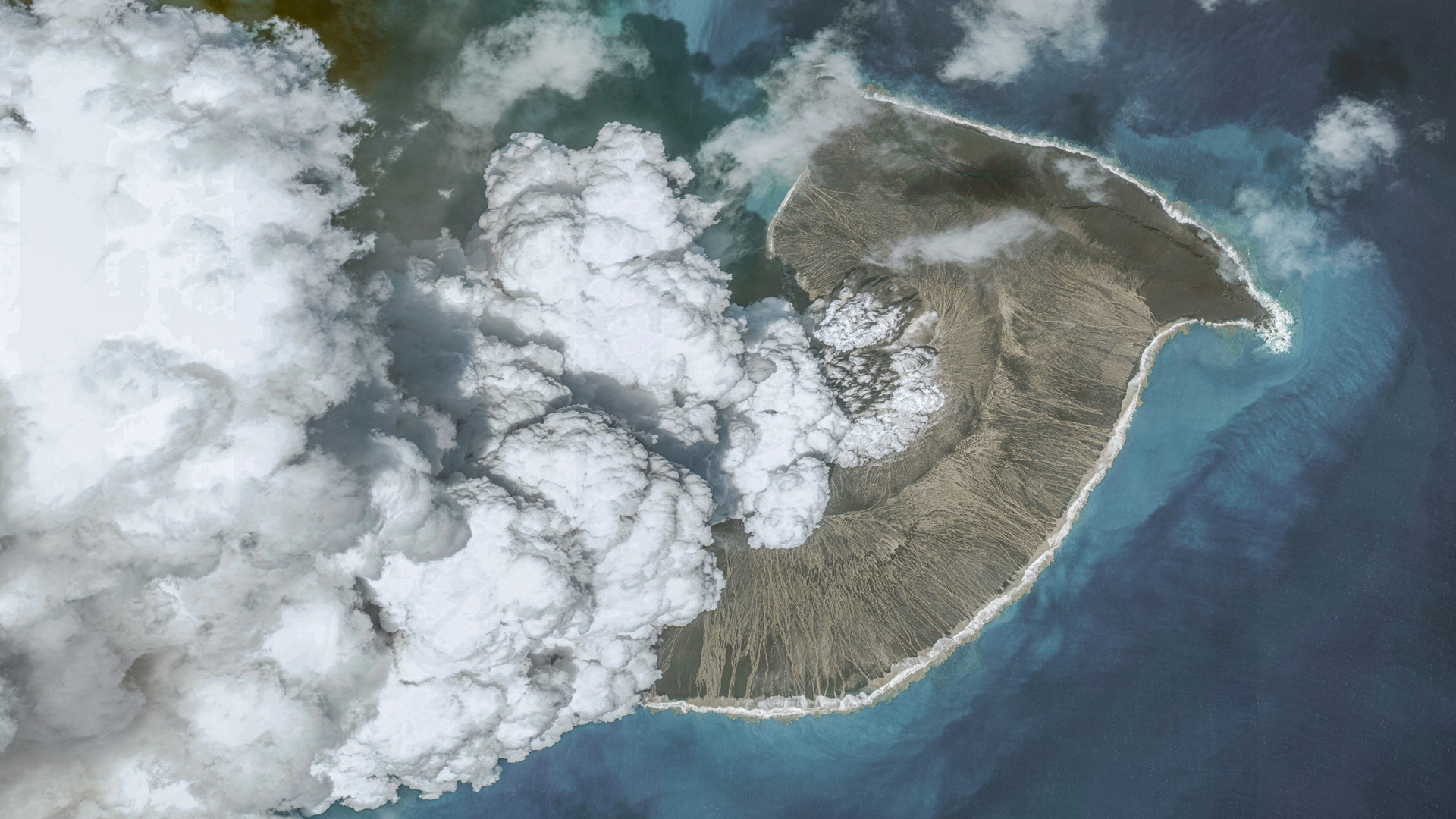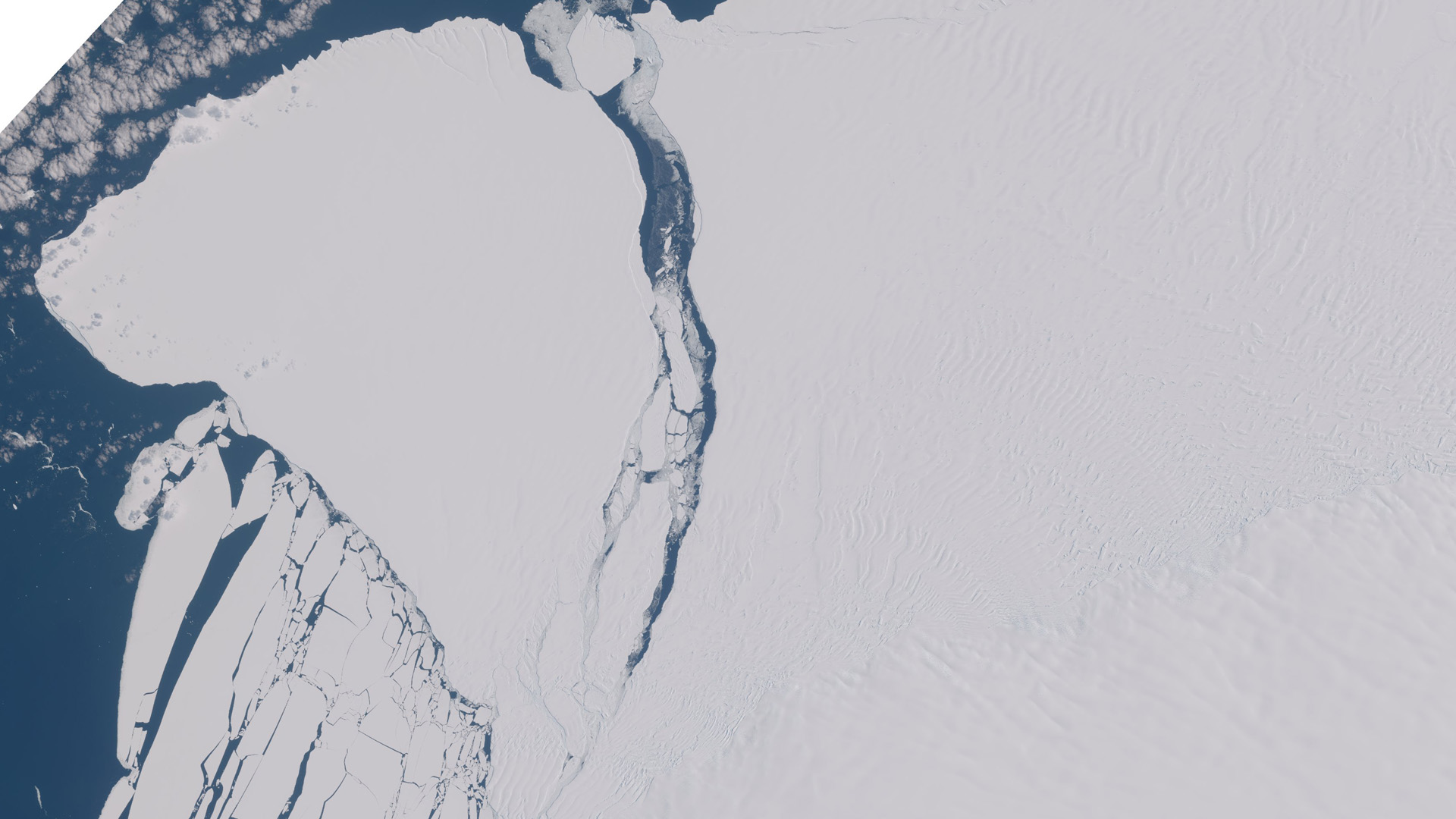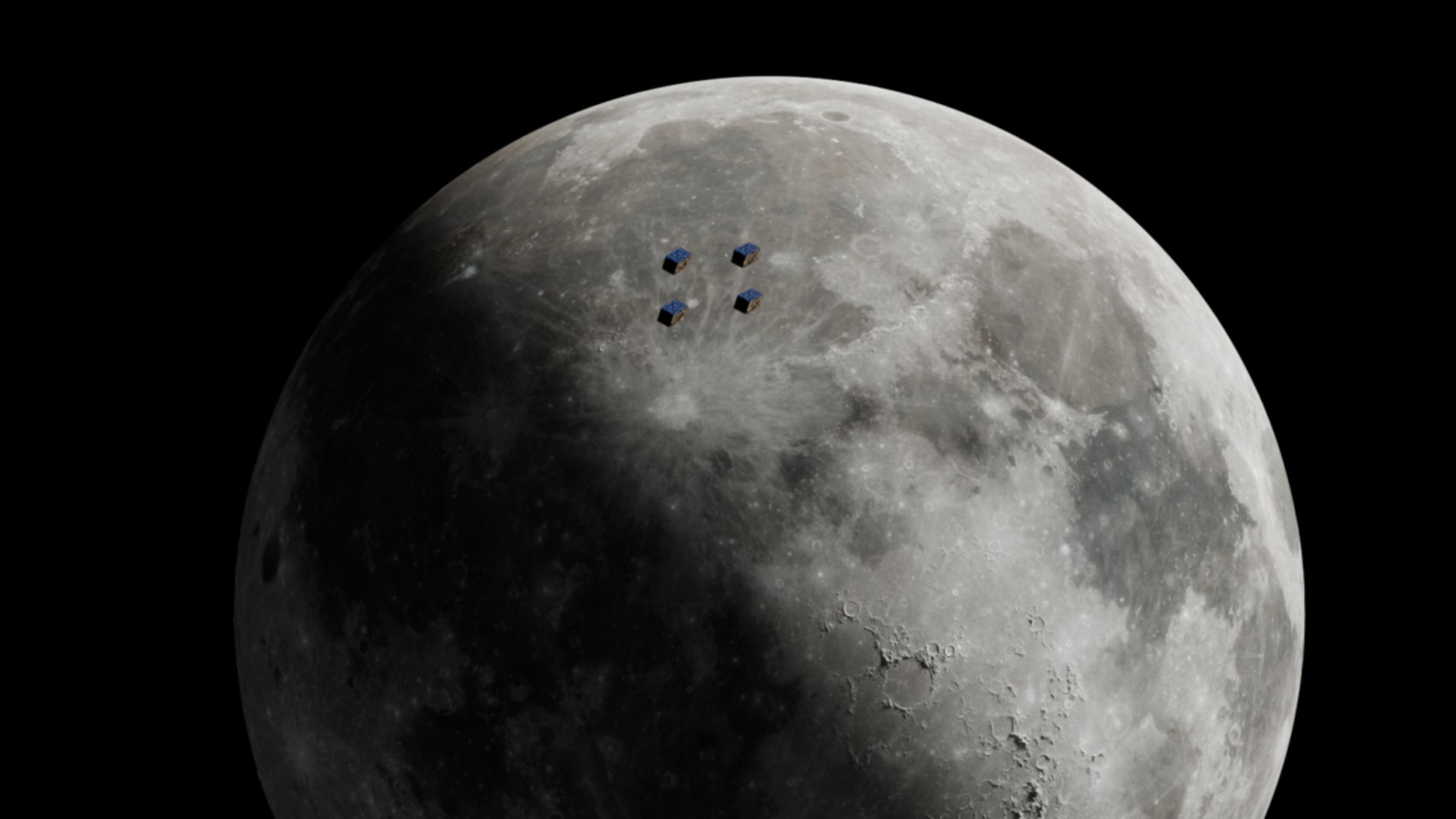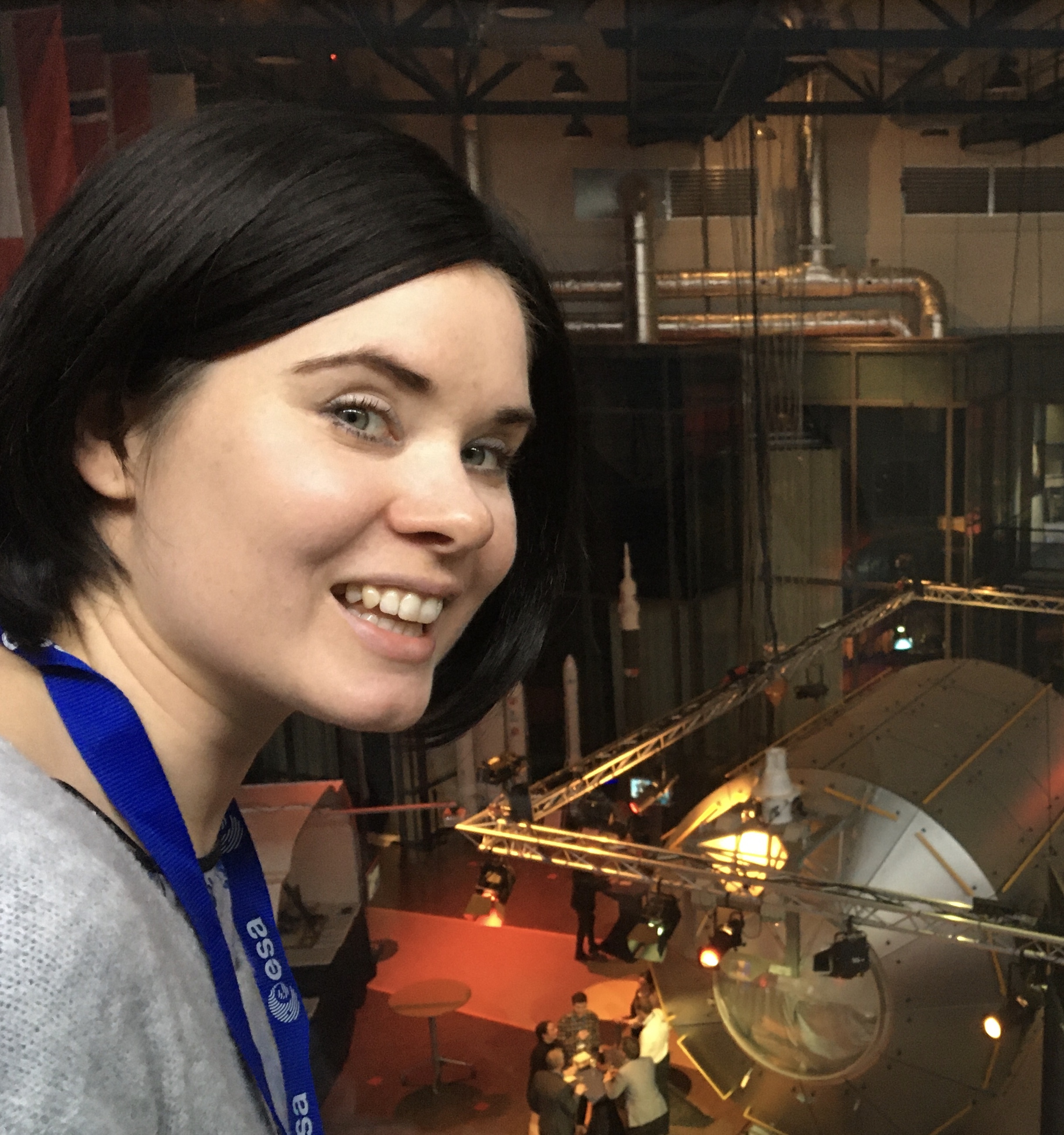
Tereza Pultarova
Tereza is a London-based science and technology journalist, aspiring fiction writer and amateur gymnast. Originally from Prague, the Czech Republic, she spent the first seven years of her career working as a reporter, script-writer and presenter for various TV programmes of the Czech Public Service Television. She later took a career break to pursue further education and added a Master's in Science from the International Space University, France, to her Bachelor's in Journalism and Master's in Cultural Anthropology from Prague's Charles University. She worked as a reporter at the Engineering and Technology magazine, freelanced for a range of publications including Live Science, Space.com, Professional Engineering, Via Satellite and Space News and served as a maternity cover science editor at the European Space Agency.
Latest articles by Tereza Pultarova
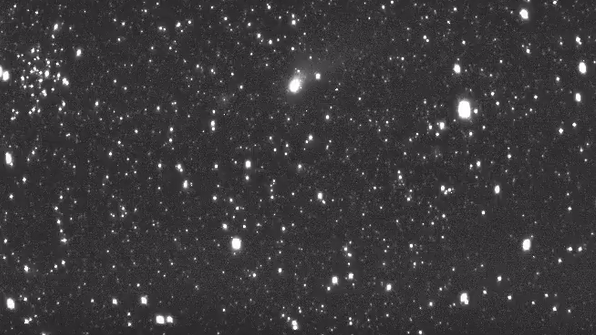
Green comet seen from space by Artemis 1 moon mission cubesat (video)
By Tereza Pultarova published
A Japanese cubesat launched aboard NASA's Artemis 1 moon mission took a video of Comet C/2022 E3 (ZTF) earlier this month, about two weeks after the ice ball's closest approach to Earth.
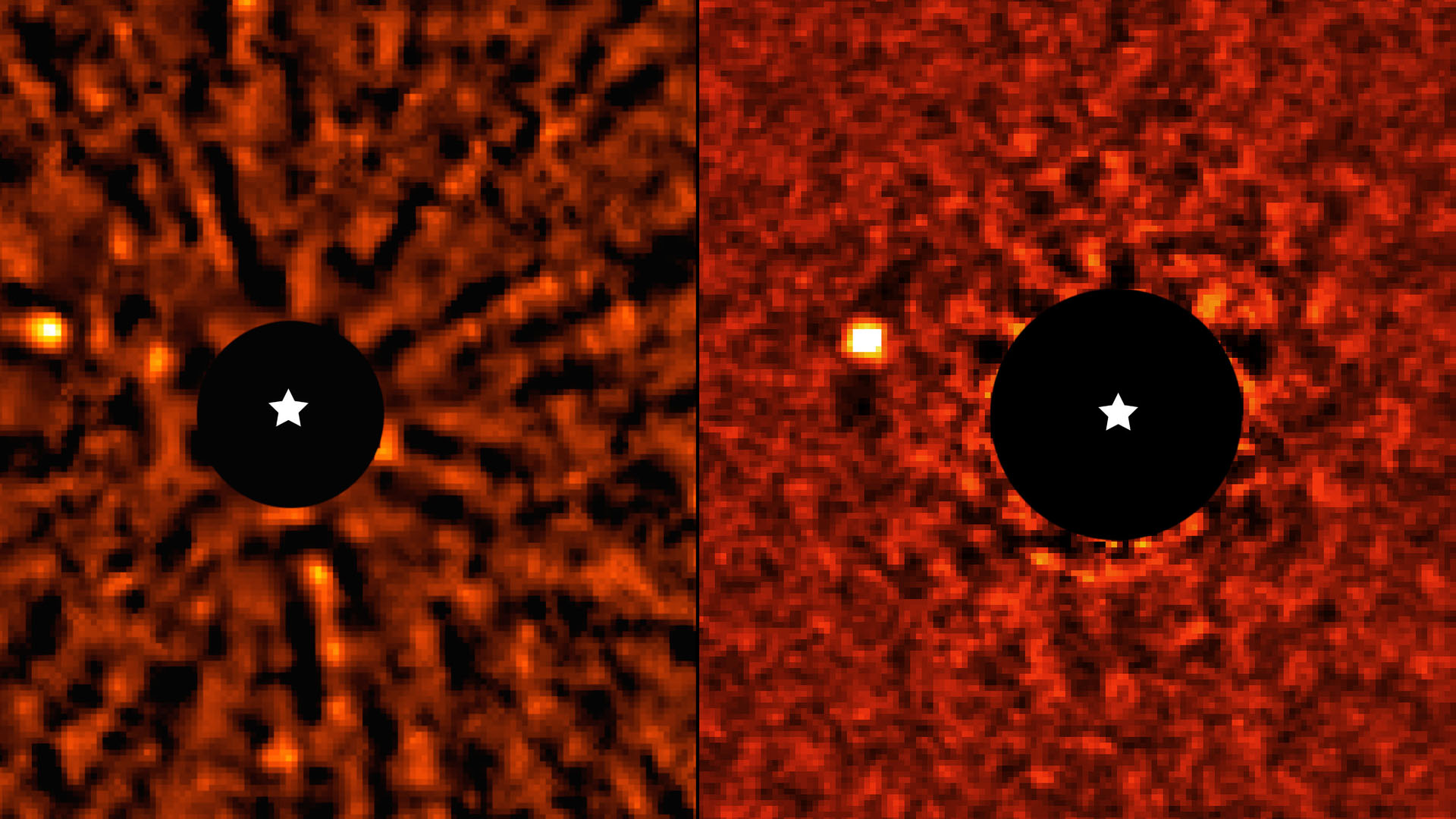
Very Large Telescope photographs its lightest ever exoplanet
By Tereza Pultarova published
The Very Large Telescope in Chile took images of its lightest exoplanet yet after data from two European sky-mapping missions indicated something was tugging at the orbit of a distant young star.

6 types of objects that could cause space debris apocalypse
By Tereza Pultarova published
Thousands of satellites and millions of out-of-control space debris fragments hurtle high above our heads, threatening to collide. Here are the objects that experts fear the most.
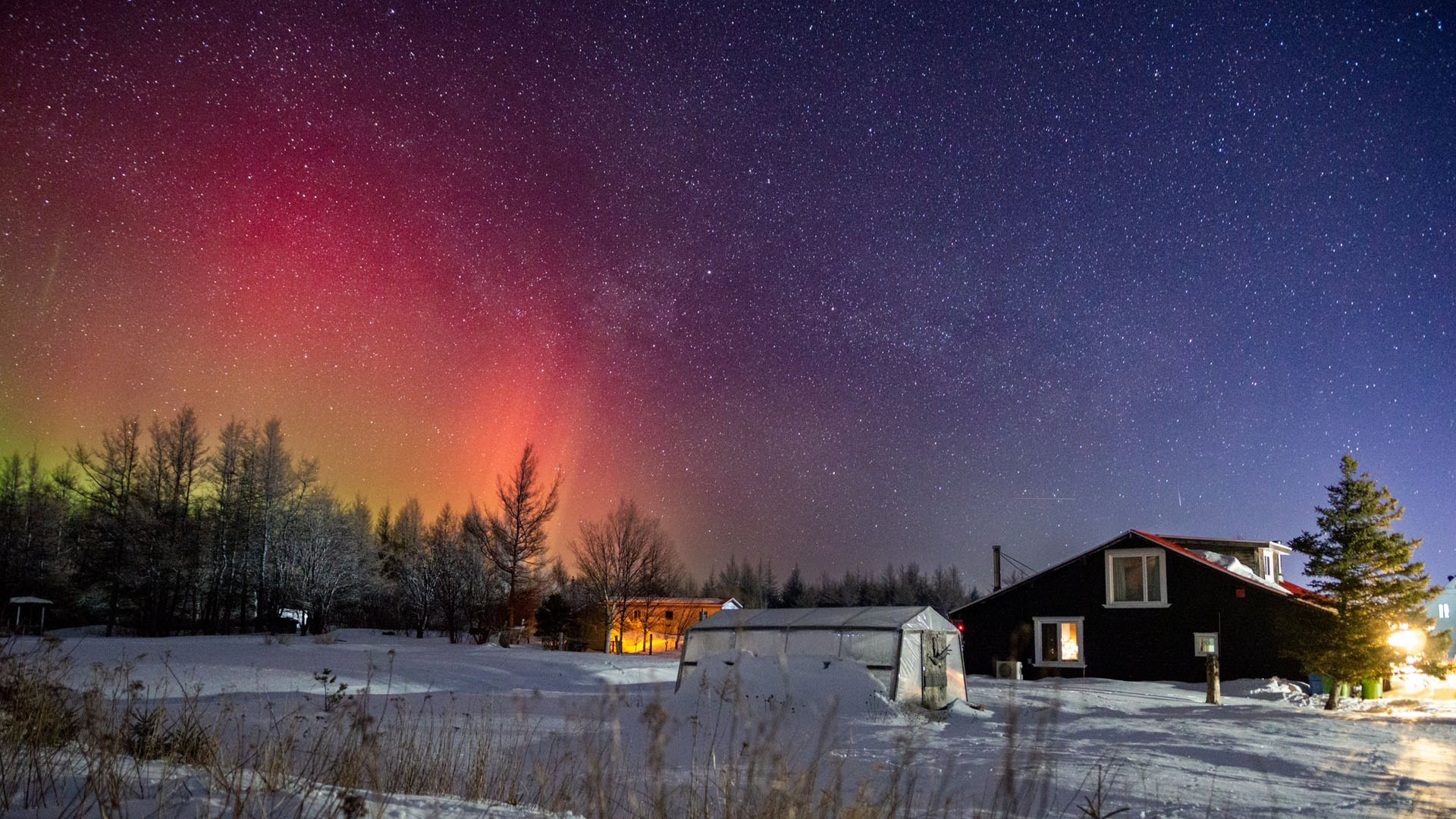
Rare red auroras explode over northern US and Europe with more on the way (photos)
By Tereza Pultarova published
A stream of solar plasma arrived at Earth last night, triggering rare red aurora displays across Canada, northern U.S. and Europe. And more is on its way.

NASA's heartbeat-detecting tech to help with Turkey earthquake relief effort
By Tereza Pultarova published
NASA-developed technology that can remotely detect the tiniest motions of the body caused by basic processes necessary for life will be used by disaster relief teams in earthquake-stricken Turkey.
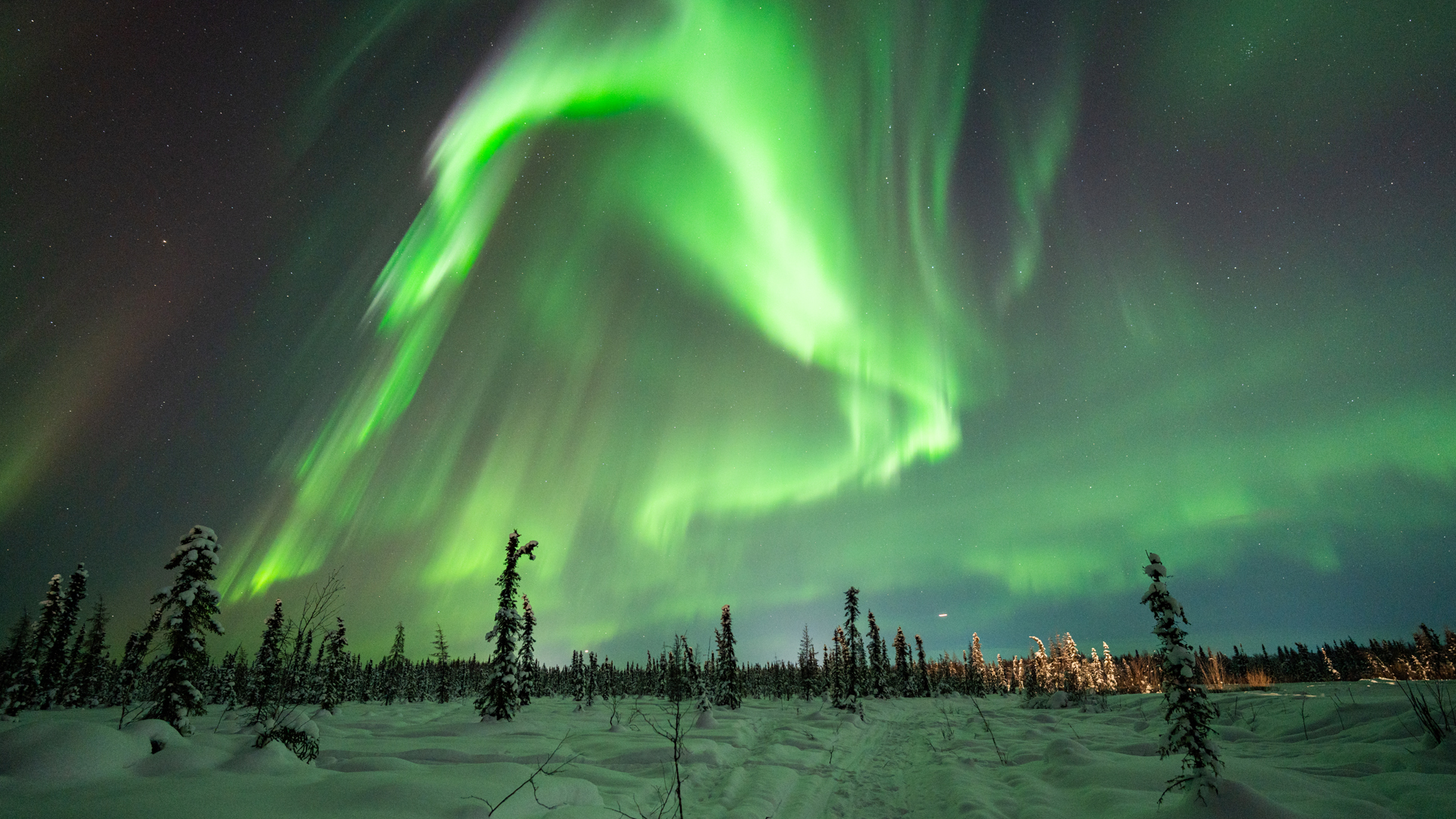
Supercharged Valentine's Day auroras give Alaska-based polar lights chaser the night of his life (photos)
By Tereza Pultarova published
Vincent Ledvina was as excited as the particles in the atmosphere over his head when a well-timed solar eruption triggered a night of auroral splendor on Valentine's Day.

New satellite photos show surface cracks from devastating Turkey earthquake
By Tereza Pultarova published
Earth-observation satellites continue to assess the vast damage in Turkey and Syria caused by the devastating series of earthquakes that struck on Feb. 6.
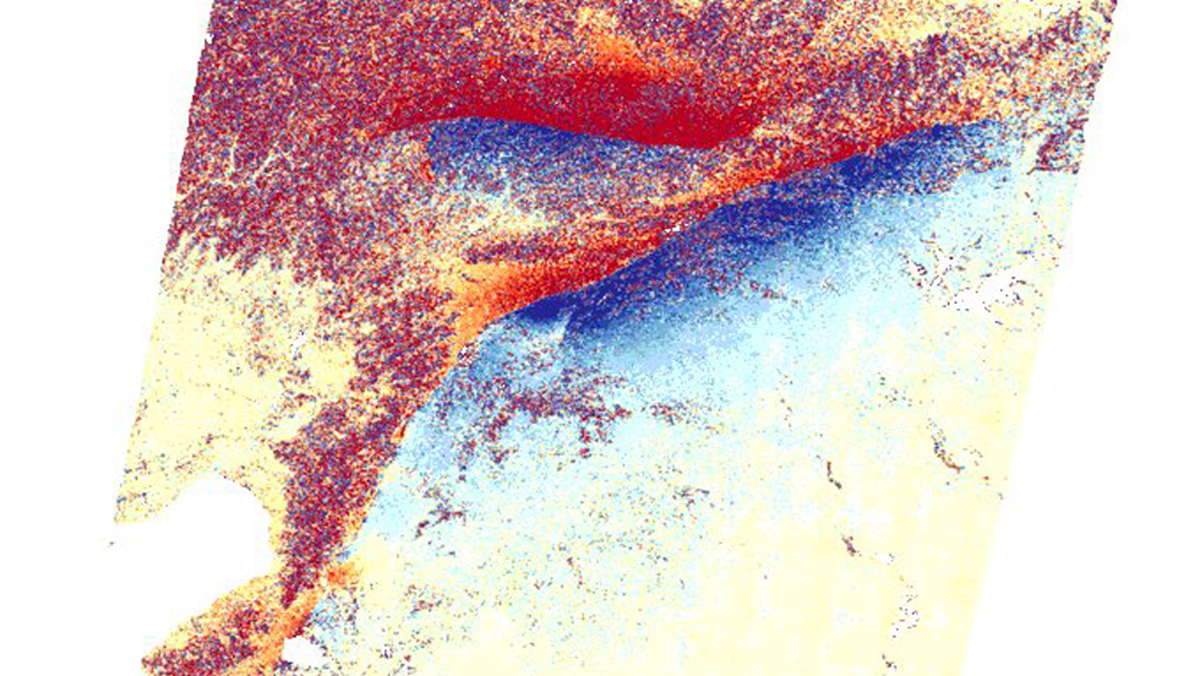
Turkey earthquake opened 190-mile-long fissure, satellite images show
By Tereza Pultarova published
Two enormous cracks in Earth's crust opened near the Turkish-Syrian border after two powerful earthquakes shook the region on Monday (Feb. 6), killing over 20,000 people.

Hurricane-tracking satellites can also keep tabs on harmful microplastics in the ocean
By Tereza Pultarova published
A satellite system designed to track hurricanes can reveal where damaging microplastics accumulate in the ocean. A new study now reveals why.

NASA astronauts could hibernate on deep space missions thanks to arctic squirrels
By Tereza Pultarova published
Researchers are studying hibernating Arctic squirrels in order to harness the benefits of this natural state to protect astronauts on long-duration space missions.
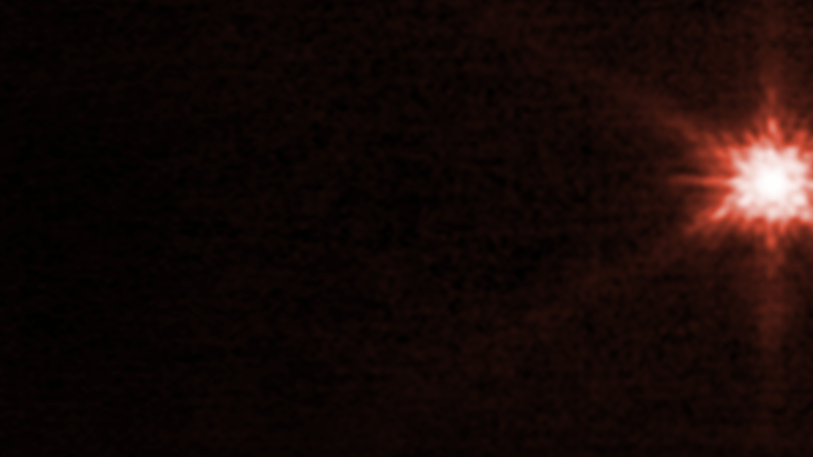
James Webb Space Telescope pushed past its limits to observe DART asteroid crash
By Tereza Pultarova published
The James Webb Space Telescope had to perform outside of its design limits to observe the collision of NASA's DART probe with asteroid moonlet Dimorphos in September last year, NASA has revealed
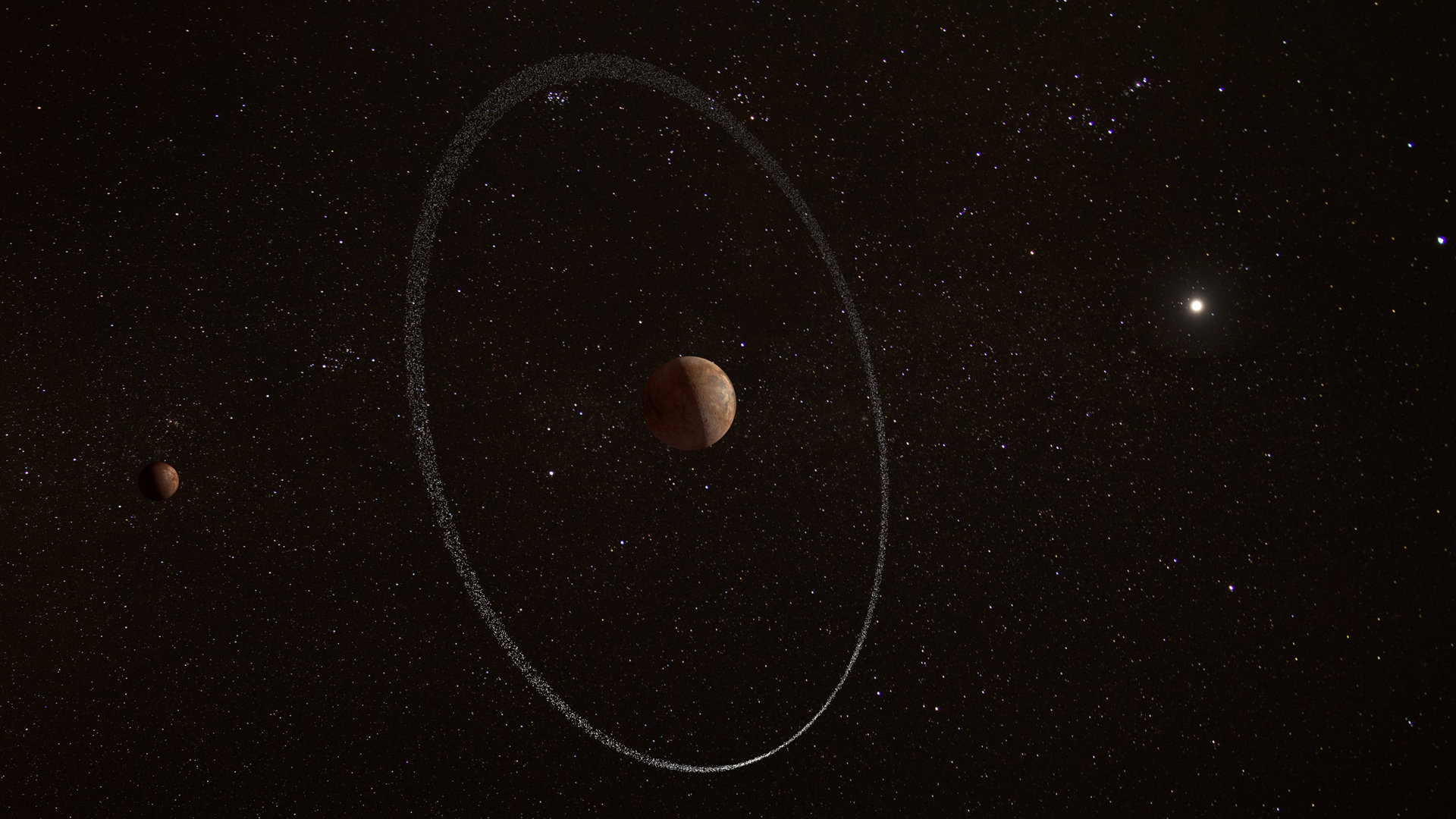
A dwarf planet beyond Neptune has a mysterious ring that astronomers can't explain
By Tereza Pultarova published
A mini-planet orbiting in the frigid outer reaches of the solar system has a Saturn-like ring of dust and debris that defies the rules of physics, a new study has revealed.
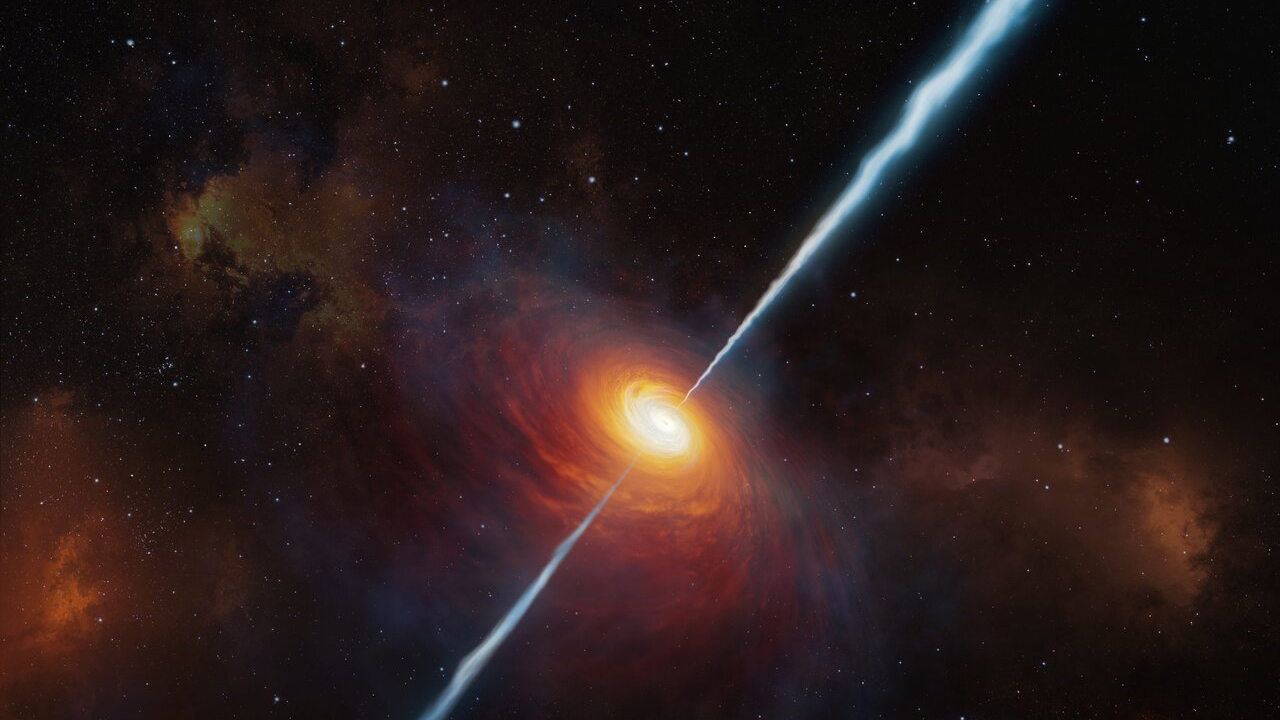
A fleet of gamma-ray burst detecting cubesats could help crack mystery of neutron star mergers
By Tereza Pultarova published
A constellation of tiny satellites could revolutionize the study of the most energetic explosion in the cosmos and help astronomers untangle the mysteries of colliding neutron stars.
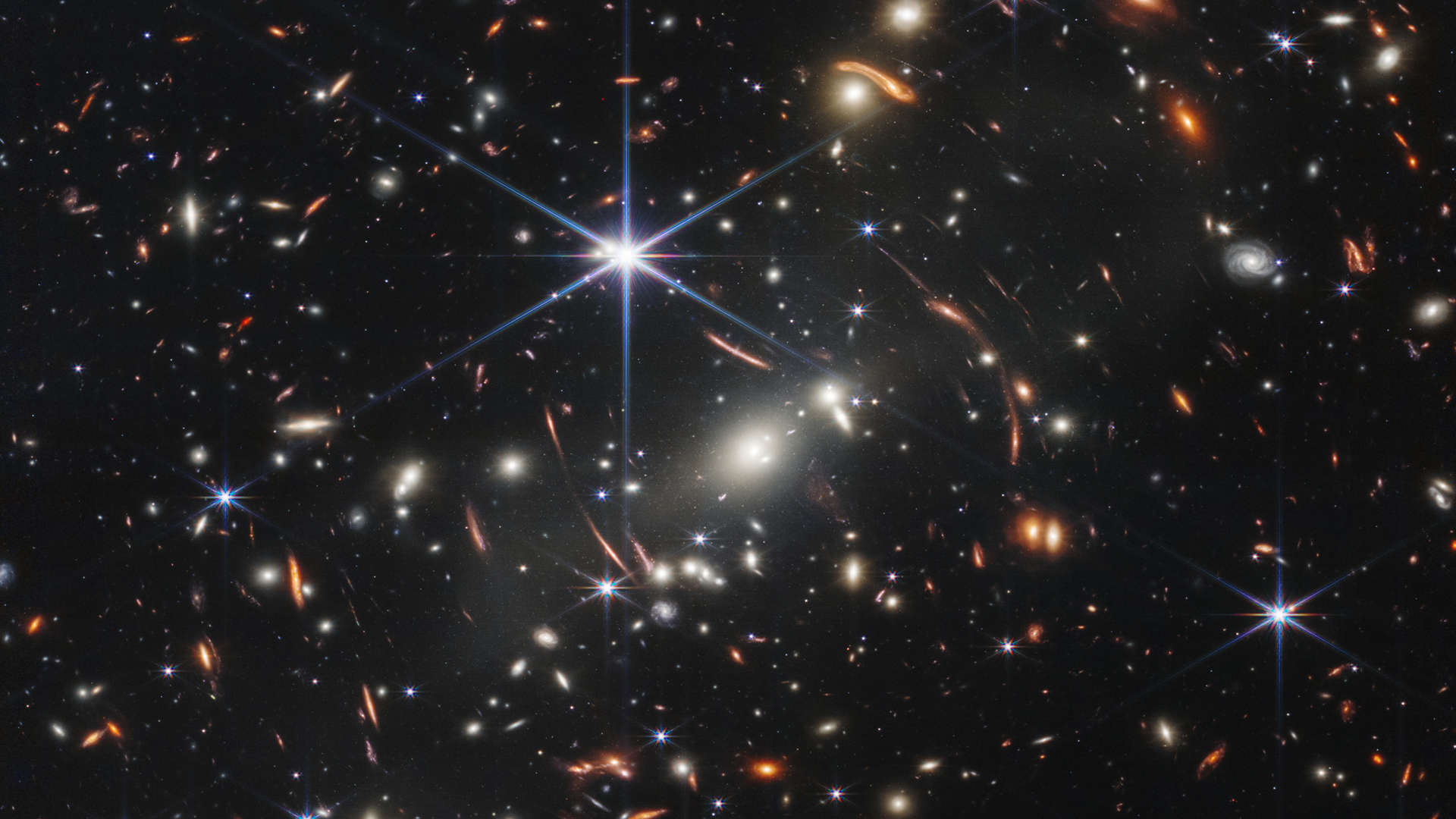
James Webb Space Telescope reveals stellar 'clumps' from the most distant universe
By Tereza Pultarova published
The James Webb Space Telescope reveals the earliest stages of galaxy formation in a time when the universe was less than 1 billion years old.
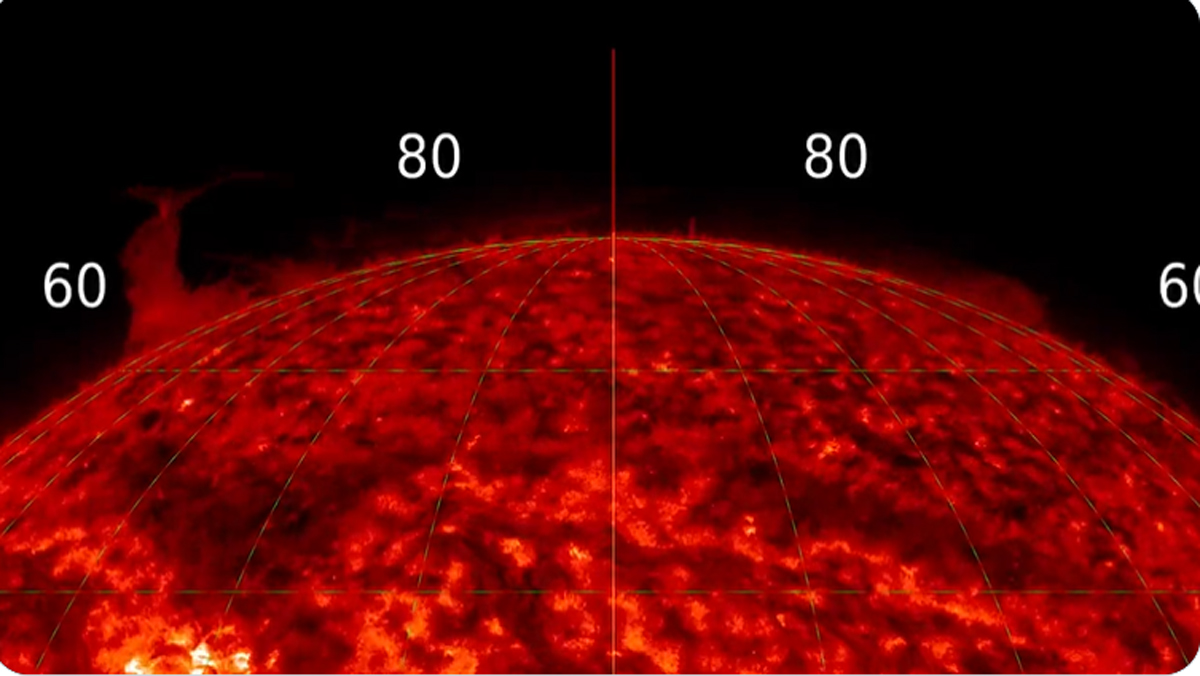
Strange unprecedented vortex spotted around the sun's north pole
By Tereza Pultarova published
A huge filament of solar plasma has broken off the sun's surface and is circling its north pole like a vortex of powerful winds, but scientists have no clue what caused it.
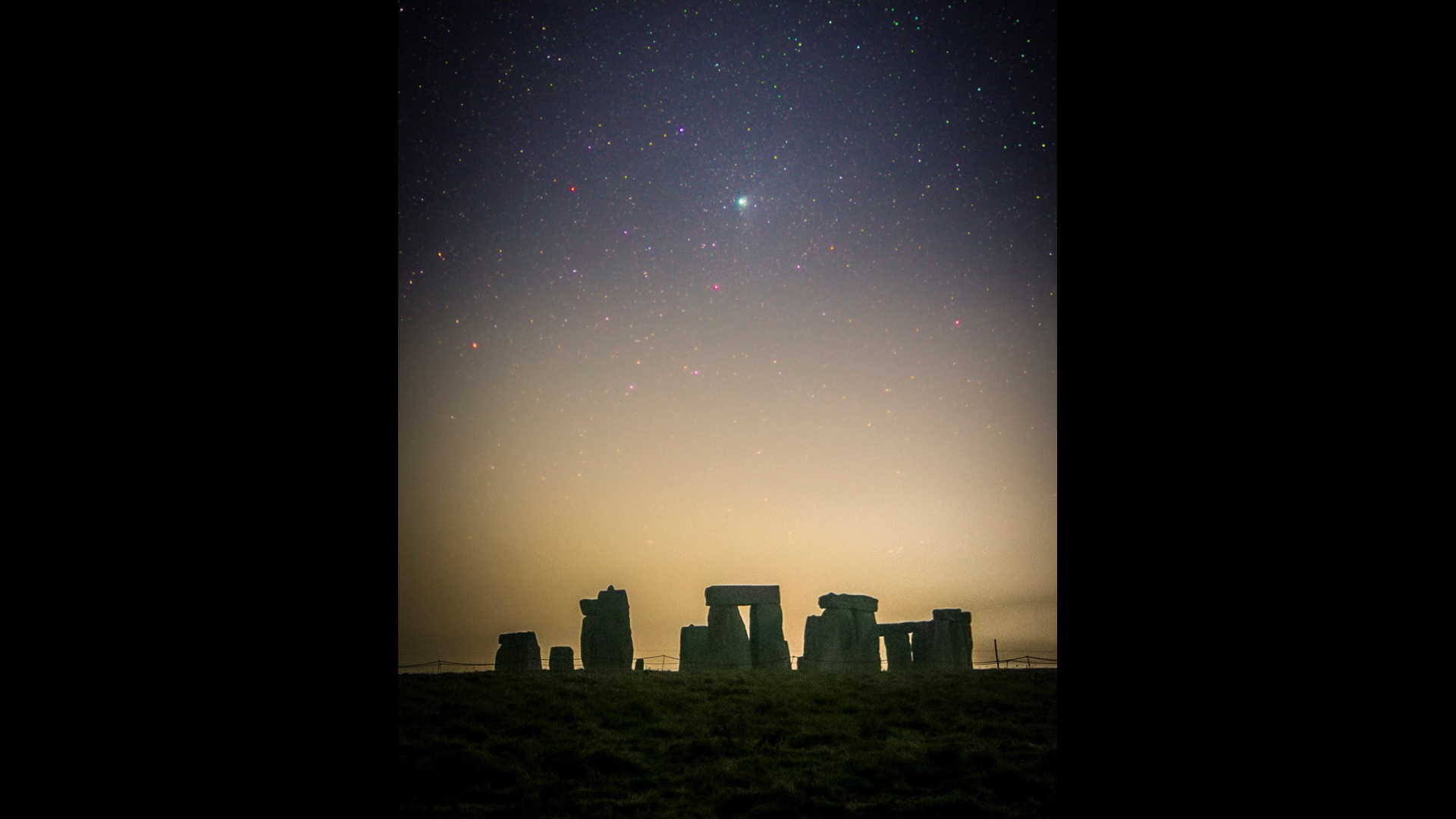
Rare green comet's close approach a once-in-50,000 years feast for astrophotographers (photos)
By Tereza Pultarova published
A rare green comet that hasn't been seen since the time of the Neaderthals made its closest approach to Earth on Feb. 1, and astrophotographers all over the world couldn't peel their eyes off it.
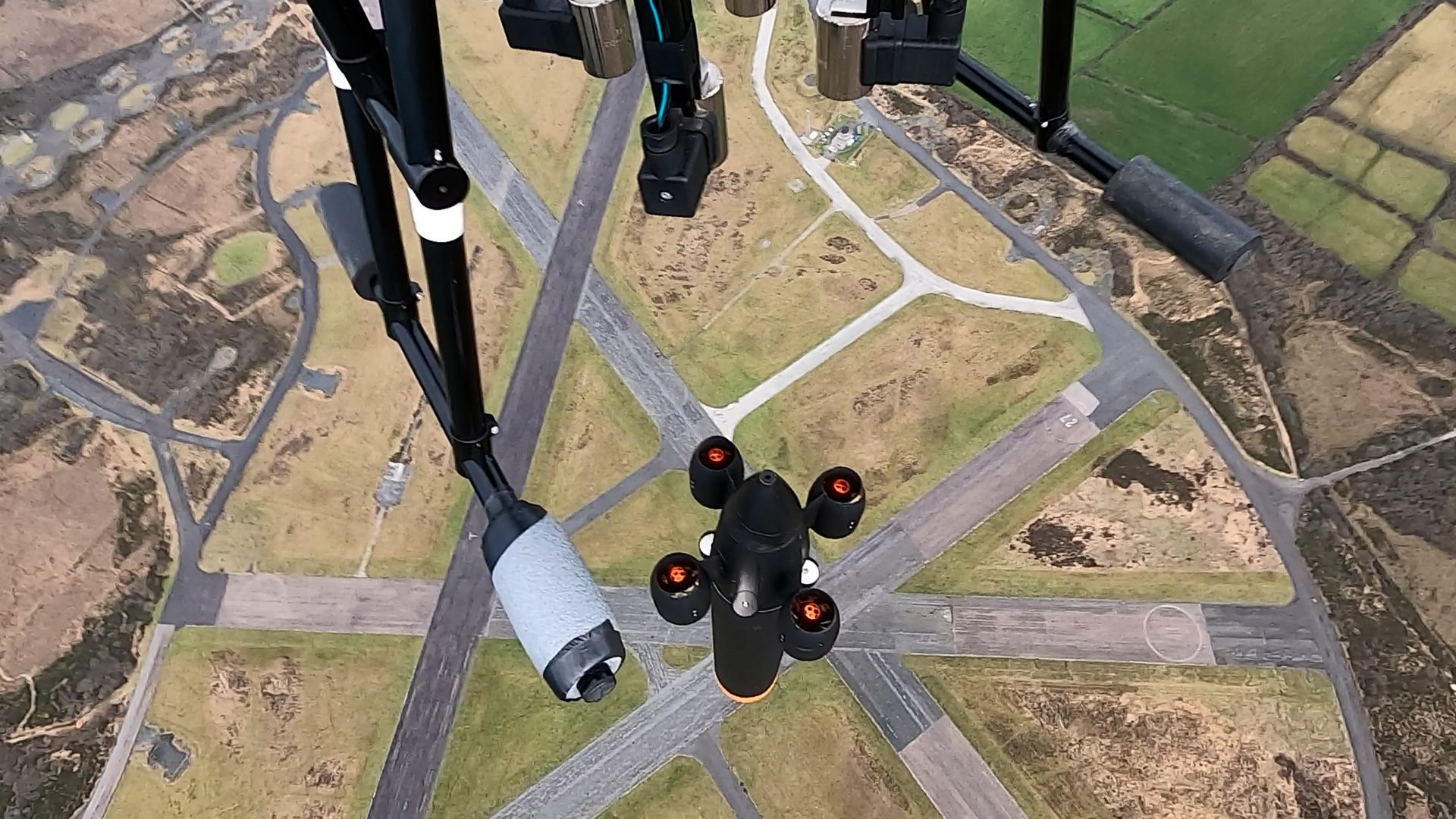
Watch a drone drop a microgravity capsule in 1st-of-its-kind experiment (video)
By Tereza Pultarova published
A British startup has performed a first-of-its-kind microgravity experiment using a drone.

New satellite to police carbon dioxide emitters from space
By Tereza Pultarova published
The first-ever satellite designed to detect major emitters of the greenhouse gas carbon dioxide is set to launch to space this year.

Holes in sun's atmosphere can help predict space weather on Earth
By Tereza Pultarova published
Magnetic properties of coronal holes in the sun's atmosphere can help forecast the severity of geomagnetic storms that hit Earth.
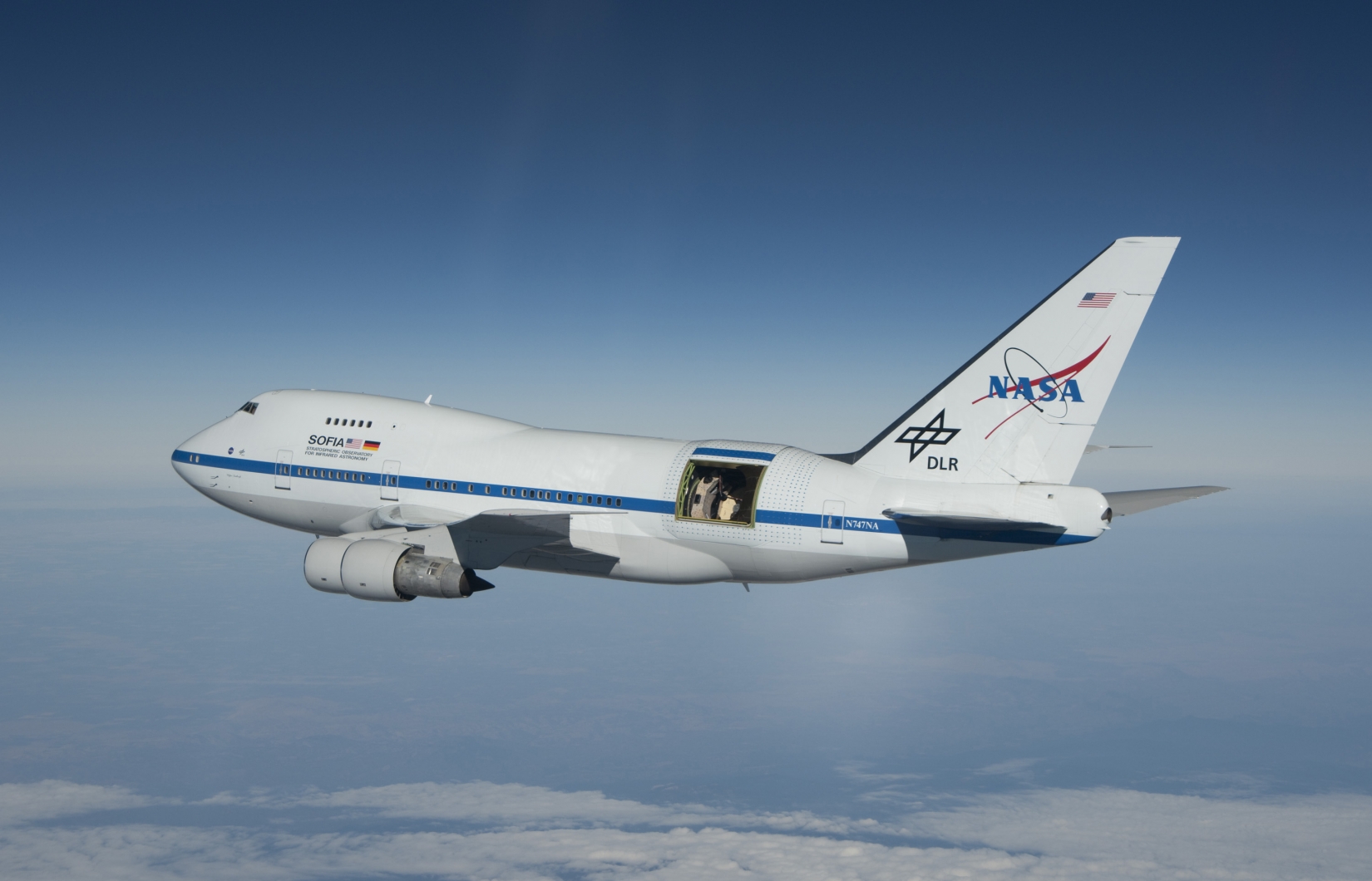
SOFIA: NASA's prematurely canceled airborne telescope that left a gap behind
By Tereza Pultarova last updated
Reference SOFIA, the Stratospheric Observatory For Infrared Astronomy, was a telescope mounted on a Boeing 747 SP aircraft that studied infrared light, essentially heat, emitted by objects in the universe.

Watch an SUV-size asteroid zoom by Earth in close shave flyby in this time-lapse video
By Tereza Pultarova published
Watch asteroid 2023 BU make a close flyby of Earth in images shared by the Virtual Telescope Project taken when the rock was just 13,670 miles (22,000 kilometers) from the surface.
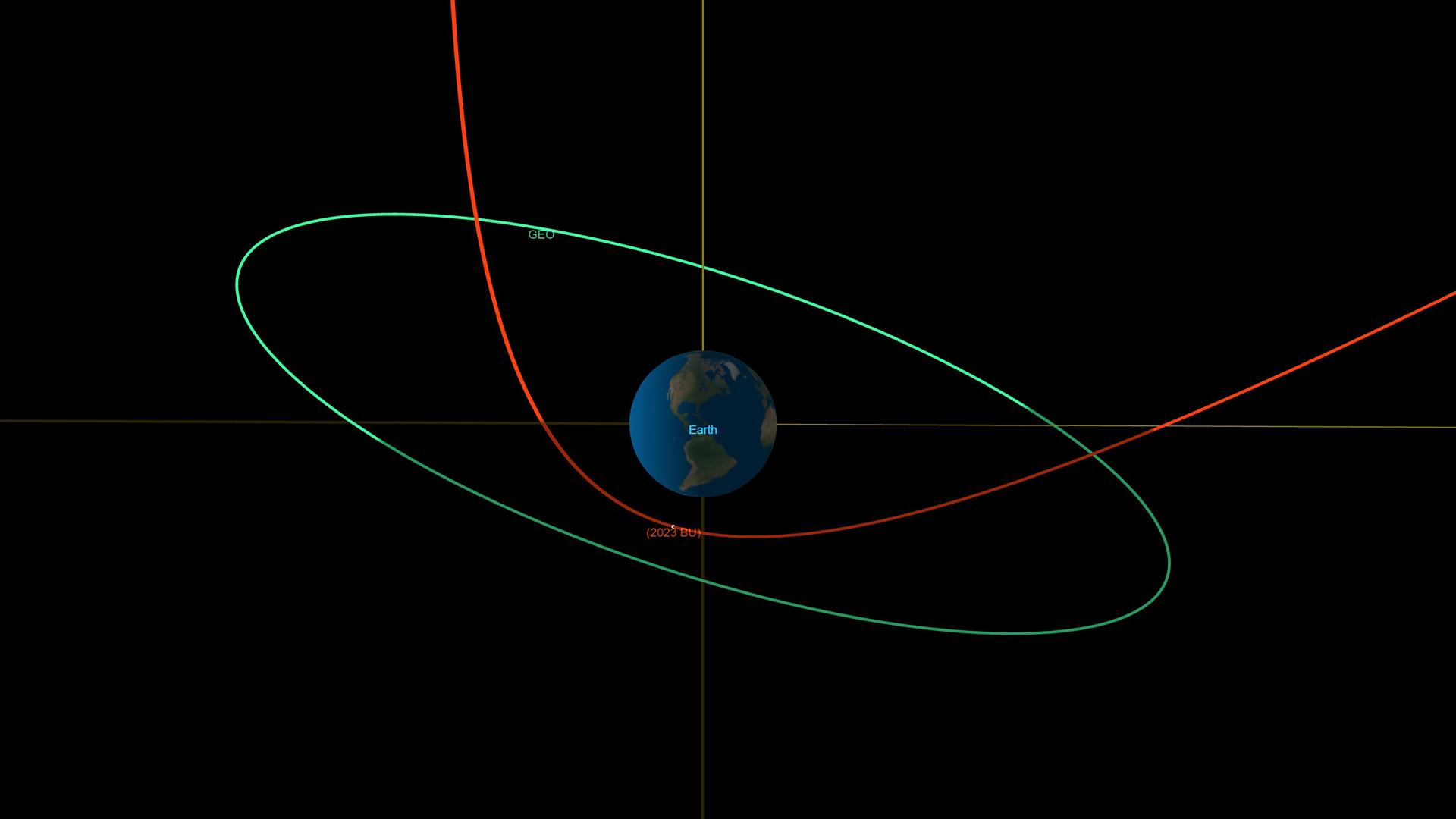
Car-sized asteroid will pass extremely close to Earth tonight
By Tereza Pultarova last updated
The space rock, called 2023 BU, was discovered less than a week ago.

SpaceX launches heaviest payload on reused rocket's 9th flight
By Mike Wall, Tereza Pultarova published
SpaceX's Falcon 9 rocket lifted its heaviest payload yet to low Earth orbit when it launched 56 Starlink satellites on Thursday morning (Jan. 26).
Get the Space.com Newsletter
Breaking space news, the latest updates on rocket launches, skywatching events and more!
